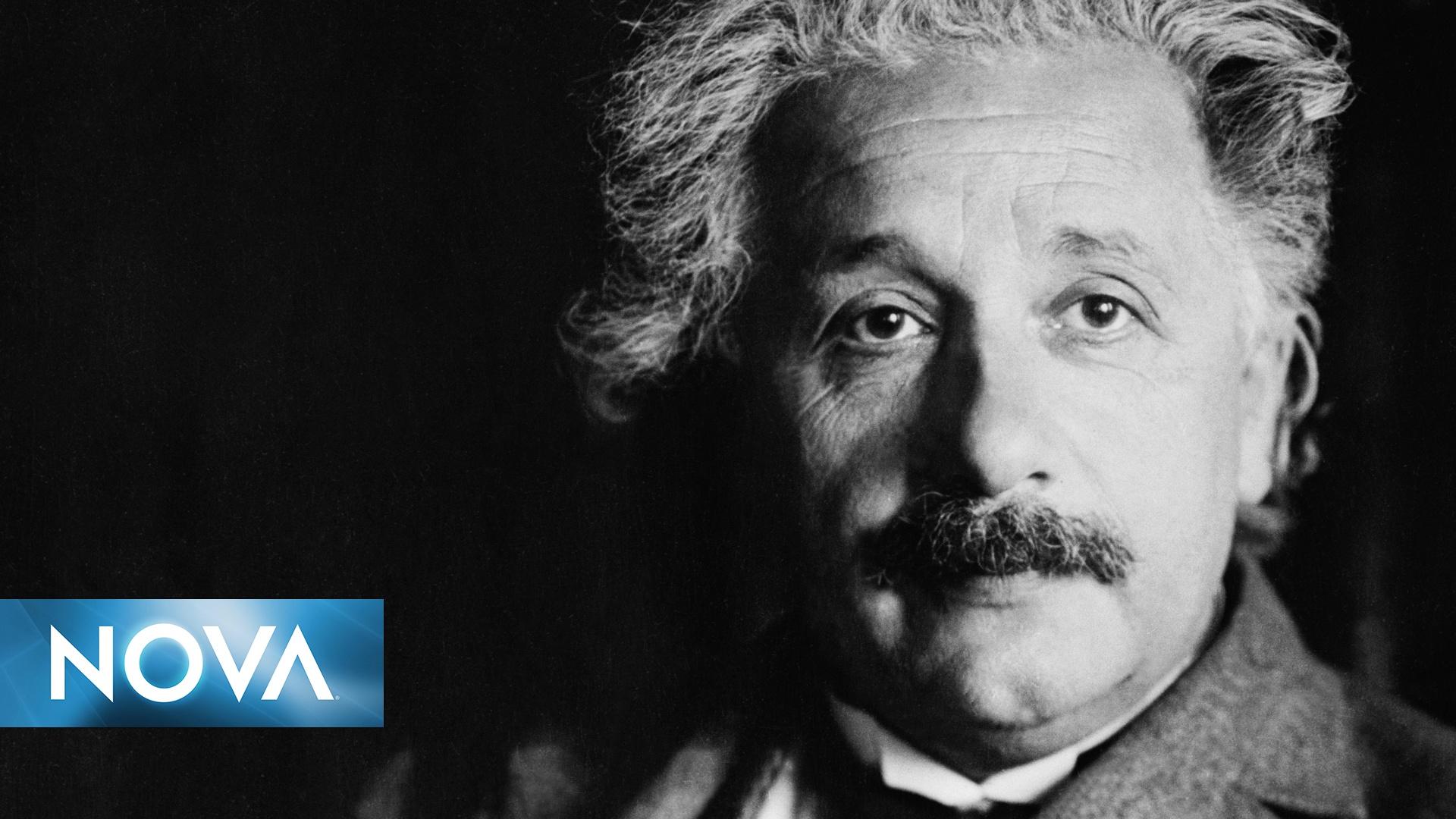Albert Einstein is widely considered to be one of the most brilliant scientists in history, and his contributions to the field of physics are immeasurable. One of his most well-known achievements is his theory of relativity, which has had a profound impact on our understanding of the universe and the way in which it operates.
Einstein's theory of relativity is based on the idea that the laws of physics are the same for all observers, regardless of their relative motion. This concept is known as the principle of relativity, and it is one of the foundations of modern physics. Einstein's theory of relativity has two parts: the special theory of relativity and the general theory of relativity.
The special theory of relativity, also known as the theory of special relativity, was developed by Einstein in 1905. This theory was based on the idea that the laws of physics are the same for all observers, regardless of their relative motion. In other words, the laws of physics do not change based on an observer's frame of reference.
One of the key predictions of the special theory of relativity is that the speed of light is the same for all observers, regardless of their relative motion. This prediction has been confirmed through numerous experiments, and it has had a major impact on our understanding of the universe.
The general theory of relativity, also known as the theory of general relativity, was developed by Einstein in 1915. This theory was based on the idea that gravity is not a force, but rather a curvature of spacetime caused by the presence of matter or energy.
According to the general theory of relativity, the force of gravity is caused by the curvature of spacetime. This curvature is determined by the mass and energy of objects in the universe. For example, the presence of a massive object, such as a planet or star, will cause spacetime to curve around it, creating a gravitational force that attracts other objects towards it.
The general theory of relativity has had a major impact on our understanding of the universe and has led to many important discoveries, such as the prediction of the existence of black holes and the expansion of the universe.
In conclusion, Einstein's theory of relativity is a groundbreaking achievement that has had a major impact on our understanding of the universe. The principles of the special theory of relativity, including the constancy of the speed of light, have been confirmed through numerous experiments, and the general theory of relativity has led to many important discoveries in the field of astrophysics. Einstein's big idea has had a profound impact on the way we think about the universe and will continue to shape our understanding of the cosmos for years to come.








